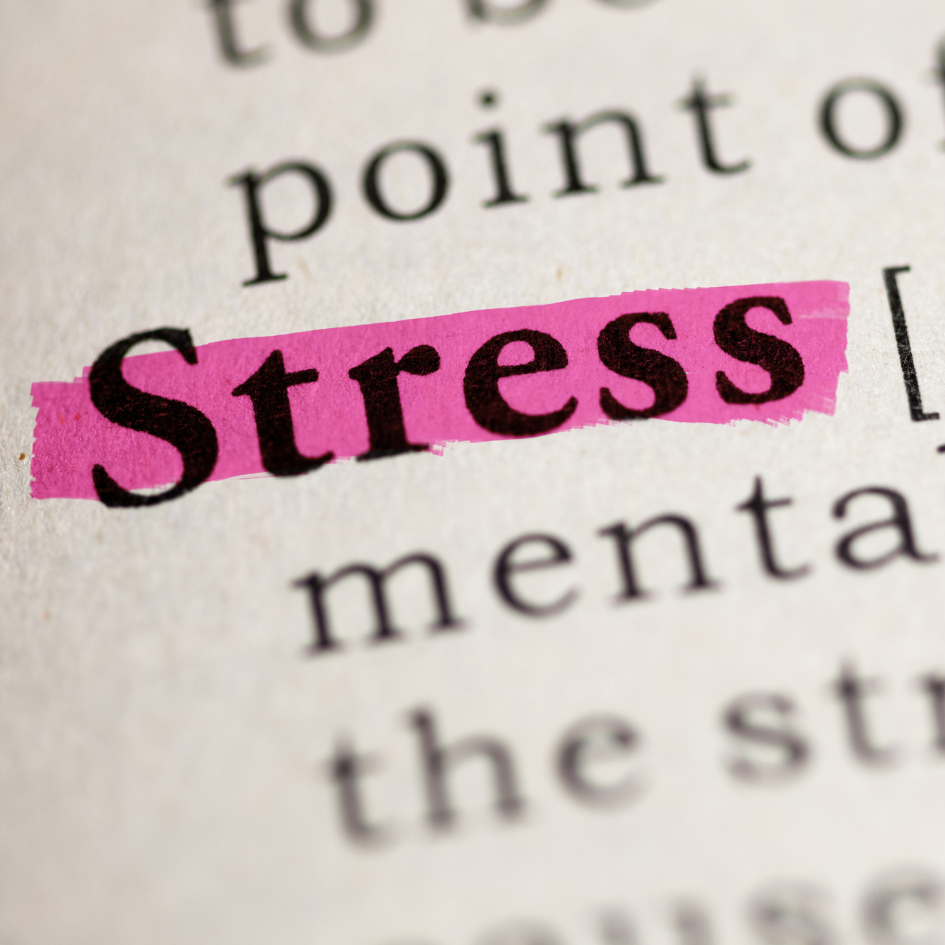
Stress Management: Understanding Cortisol and Its Effects on the Body
Share
The Importance of Stress Management: Understanding Cortisol and Its Effects on the Body
In the hustle and bustle of modern life, stress has become an unavoidable companion for many of us. From deadlines at work to personal responsibilities, the pressures we face on a daily basis can take a toll on our mental and physical well-being. While stress itself is a natural response to challenging situations, prolonged or chronic stress can have detrimental effects on our health. One of the key players in this equation is cortisol, often referred to as the "stress hormone." In this blog post, we'll delve into the importance of stress management, explore the effects of elevated cortisol on the body, and suggest practical solutions for managing stress effectively.
Understanding Cortisol: The Body's Stress Response
Cortisol is a hormone produced by the adrenal glands in response to stress. Its primary function is to mobilize energy reserves and prepare the body to deal with perceived threats or challenges. In short bursts, cortisol can be beneficial, helping us to spring into action when faced with danger. However, when stress becomes chronic or prolonged, cortisol levels can remain elevated, leading to a host of negative consequences.
The Effects of Elevated Cortisol on the Body
-
Impaired Immune Function: Prolonged exposure to high levels of cortisol can suppress the immune system, making us more susceptible to infections and illnesses.
-
Weight Gain: Cortisol is known to increase appetite and promote the storage of fat, particularly in the abdominal area. This can contribute to weight gain and the development of conditions like obesity and metabolic syndrome.
-
Digestive Issues: Elevated cortisol levels can disrupt digestion, leading to symptoms such as bloating, gas, and stomach pain. Chronic stress has also been linked to conditions like irritable bowel syndrome (IBS) and gastroesophageal reflux disease (GERD).
-
Sleep Disturbances: Cortisol plays a role in regulating the sleep-wake cycle, with levels typically peaking in the morning to help us wake up and declining throughout the day to promote sleep. However, chronic stress can disrupt this cycle, leading to insomnia or poor-quality sleep.
-
Mood Disorders: High cortisol levels have been associated with mood disorders such as anxiety and depression. Chronic stress can also exacerbate existing mental health conditions and make it more difficult to cope with daily challenges.
Practical Solutions for Managing Stress
-
Mindfulness and Meditation: Mindfulness practices, such as meditation and deep breathing exercises, can help calm the mind and reduce cortisol levels. Even just a few minutes of mindfulness each day can have a significant impact on stress levels.
-
Regular Exercise: Physical activity is a powerful stress reliever, as it helps to release endorphins, improve mood, and lower cortisol levels. Aim for at least 30 minutes of moderate exercise most days of the week.
-
Healthy Lifestyle Choices: Eating a balanced diet, getting adequate sleep, and avoiding excessive caffeine and alcohol can all help support the body's ability to manage stress. Nutrient-rich foods like fruits, vegetables, and whole grains provide essential vitamins and minerals that support overall health.
-
Social Support: Building a strong support network of friends, family, or peers can provide emotional support during times of stress. Talking to someone you trust about your feelings and experiences can help alleviate stress and provide perspective.
-
Relaxation Techniques: Incorporating relaxation techniques such as yoga, tai chi, or progressive muscle relaxation into your daily routine can help reduce muscle tension, lower blood pressure, and promote relaxation.
-
Seeking Professional Help: If stress becomes overwhelming or begins to interfere with daily functioning, don't hesitate to seek support from a mental health professional. Therapy, counselling, or medication may be helpful in managing stress and improving overall well-being.
Stress management is essential for maintaining both physical and mental health. By understanding the effects of elevated cortisol on the body and implementing practical solutions for managing stress, we can take proactive steps towards living a happier, healthier life. Whether it's practicing mindfulness, exercising regularly, or seeking support from others, prioritizing self-care and stress management can make a world of difference in how we navigate life's challenges. Remember, it's okay to ask for help when needed, and taking care of yourself is always worth it in the long run.
